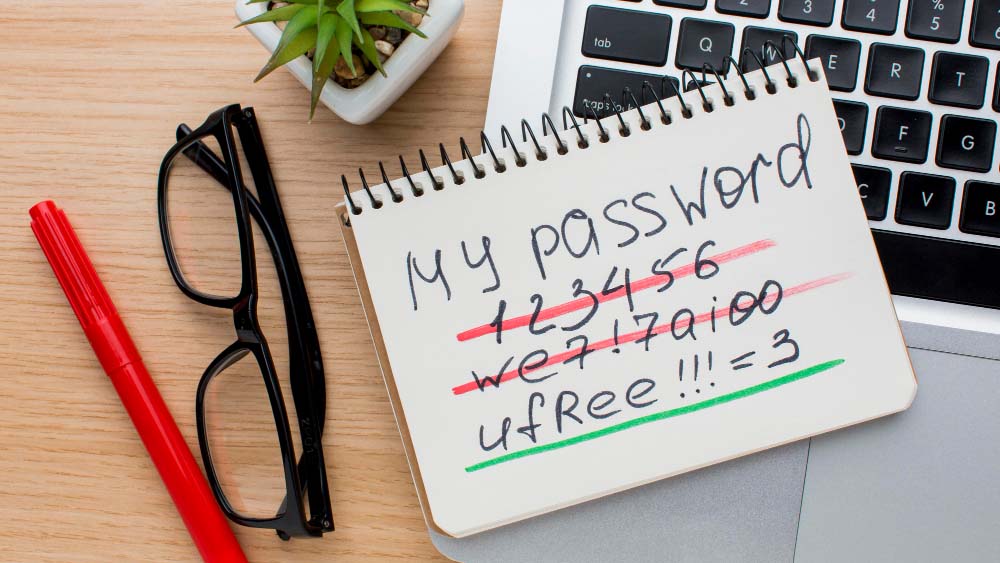Since the beginning we’ve been told that privacy is declining. However, in 2025 the debate has shifted to “Is privacy at risk?” to “Is privacy already gone?”
Between continuous information collection and profiling using AI and surveillance incorporated into both corporate and government systems, a lot of people believe we are living in an post-privacy age–a society where the idea of keeping your personal information private is no longer feasible.
Is privacy truly gone? Let’s review of the changes, why it’s important, and if there’s still a way to move forward.
How We Got Here: The Slow Death of Privacy
The loss of privacy was not a quick-fix event. It’s the result of years of technological and cultural changes:
-
Social media impact. We normalized sharing our personal milestones, places, and even our lunches. The blurring of lines between private and public life.
-
the surveillance industry. “Free” apps and platforms use personal information to drive targeted ads, which create multi-billion-dollar industries around our searches, clicks, and routines.
-
The government is a surveillance agency. Programs revealed by whistleblowers such as Edward Snowden highlighted mass data collection at the national level and are usually justified by security concerns.
-
Smart devices are everywhere. Phones, wearables and IoT gadgets are constantly listening to, track and store the patterns of behavior.
-
Analytics powered by AI. Massive datasets are not only stored; they’re also interrogated, correlated and used to determine the next steps we’ll take.
As time passed Step by step, the default setting of modern life was made clear by design.
The Post-Privacy Era: What It Looks Like
In the post-privacy age In the post-privacy world, here’s how it’s “normal”:
-
The tracking of your locations is a standard. Your car, phone, and apps are aware of where you’ve been and frequently share this information with other third-party companies.
-
Behavioral profiling happens invisibly. From your shopping habits to your routine sleep, these algorithms understand better than yourself.
-
Recognition of faces is commonplace, at the airport, in retail stores and even on neighbourhood doorbell cameras.
-
Genetic and medical information is becoming increasingly digitalized and analyzed, causing new ethical questions regarding who has access.
-
permanent memories. What goes online remains online. The deleted posts are usually stored in archives, backups, or screenshots.
It’s a result of a society in which being anonymous, or even “untracked”–is extremely challenging.
Why This Matters
The loss of privacy isn’t just a matter of personal discomfort. It has deep societal consequences:
-
Manipulation on a large scale. Data-driven political campaigns and disinformation thrive when each person can be targeted micro-so that they are.
-
The loss of independence. If algorithms always determine behavior and predict it can we be denied true freedom of choice?
-
Security risk. The more data is gathered, the greater the threat to criminals, hackers, and other hostile actors.
-
Indifference. Those who can afford privacy (through premium tools or through gated communities) will be more secure than those who can’t.
-
The normalization of the surveillance. A generation grows into a world that is conditioned to be observed, changing the way we view culture around individuality and freedom.
Is Privacy Truly Dead?
The grim answer is In many ways yes. Traditional privacy — the one where you are completely personal, unless you choose to share it with others – may no longer be feasible.
But that doesn’t mean that all hope is gone. Instead of thinking of privacy being something that is absolute and absolute right, we may have to view it as something on a broad spectrum or as a right to defend by imagining new ways to defend it.
What We Can Still Do
Although the post-privacy age is real, people and communities can continue to fight back:
-
Tools for protecting privacy. VPNs, end-to-end encrypted messaging (Signal, Proton), password managers, as well as anonymized web browsers (Tor, Brave) help gain control.
-
Data reduction. Be intentional about what you post online as well as the apps you install and the permissions you provide.
-
Laws. Regulations like GDPR (Europe) and CCPA (California) aren’t perfect, but essential steps towards enforcing data rights.
-
Culture shifts. Normalizing not sharing everything is a type of resistance. The fact that platforms promote oversharing doesn’t mean we need to be in compliance.
-
Security by design. Demanding products that provide privacy, instead of adding it as a last resort, transforms the ecosystem of technology over time.
Final Thoughts
The concept of privacy, the way we were aware of it, could be dying. But that doesn’t mean that we must give up our privacy. In the post-privacy age it’s not about whether you’re tracked – although it’s most likely can–but what control you have over your online footprint and the way the society governs people who gather and make use of it.
Future privacy doesn’t revolve around being completely transparent. It’s about creating new boundaries that demand accountability, and deciding in a collective way the amount of openness we’re willing for with the promise of convenience connectivity as well as security.
Since if we don’t establish the boundaries, someone else — whether it’s governments, corporations or algorithms — will.




